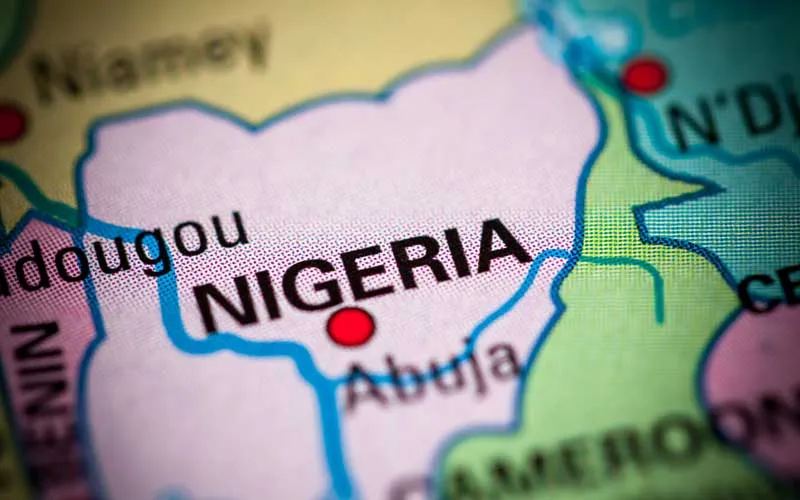“The Fulani attacks have been ongoing for years now. In fact, a day hardly passes by without receiving reports of attacks in one village or the other. But with their (Islamist attackers) people entrenched deep in power, all we see in the future are more attacks,” Fr. Ihyula says.
“More villages will be displaced,” he further says, adding that the Catholic Church in Makurdi will, however, “keep telling the story” of the persecution of farming and Christian communities in Nigeria for the whole world to see.
“These people want to suffocate us. When they chase people from their farms, when they sent people to camps where there is no hope, they want us to bend to their demands. They know that poor people can eat ‘shit’ if they are told to do so,” Fr. Ihyula says.
The JPC Director of Makurdi Diocese told ACI Africa that religious-based persecution in Nigeria wasn't as bad as it is today when the country had a Christian as the President. “There used to be attacks against Christians but not as bad as we are witnessing today,” he said during the March 3 interview.
“We know that Muslims, when not empowered, tend to engineer a lot against those in power. And now that they are at the helm of the government, they have refused to decentralize power,” he said.
(Story continues below)
Fr. Ihyula continued, “All power is concentrated at the top. If the various states were allowed to have their own police, governors would not have allowed their people to be butchered on a daily basis. They would be empowered to act in their own capacity to address insecurity in their various states.”
A report that Denis Hurley Peace Institute (DHPI) shared with ACI Africa on Friday, March 3 indicates that barely a day after the elections, the herders invaded Tse Alaa in Udaaya community in Guma LGA of Benue State around 9 p.m. and opened fire, killing about eight people before moving to the neighboring village of Tse Magum where continued attacks resulted in several deaths, though the exact number has not been confirmed yet.
DHPI reports that armed Fulanis have been attacking various villages of Turan specifically, Moon, Mkômon, Mbadura and Yaav district all in Kwande LGA.
Jato Aka in the area is now filled with fleeing villagers, the peace entity of the Southern Africa Catholic Bishops’ Conference (SACBC), which is researching the armed conflict in Nigeria’s Benue State says.
DHPI, which has described the violence perpetrated by armed Fulanis as “a gathering storm” links the attacks to the outcome of the recently announced presidential results of Nigeria’s general elections.
“The (herdsmen) have never hidden their preference for the All Progressives Congress which they believe will protect them if it wins elections in Benue State. The election results have motivated the killers who have become more daring,” DHPI says in the March 3 report.
Agnes Aineah is a Kenyan journalist with a background in digital and newspaper reporting. She holds a Master of Arts in Digital Journalism from the Aga Khan University, Graduate School of Media and Communications and a Bachelor's Degree in Linguistics, Media and Communications from Kenya's Moi University. Agnes currently serves as a journalist for ACI Africa.








